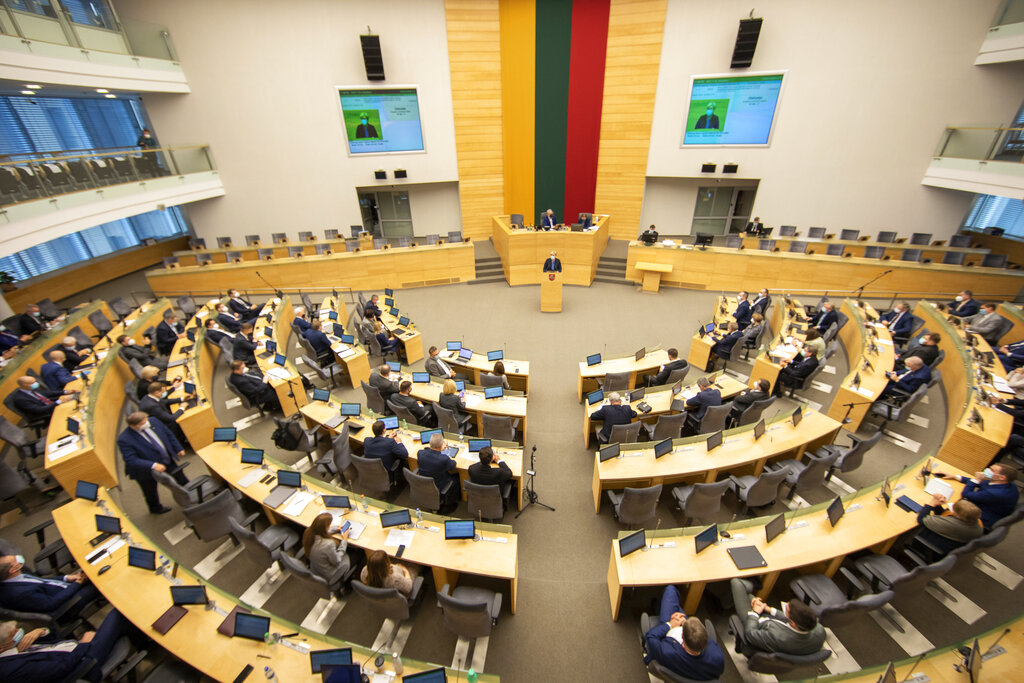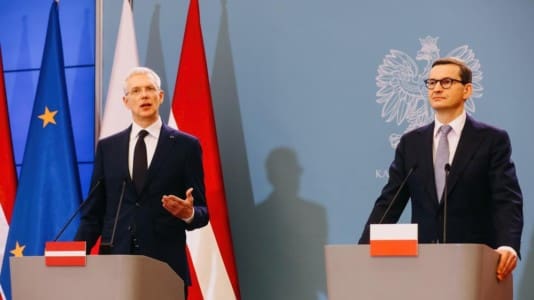After close to 30 years since the restoration of its independence, Lithuania has finally passed legislation on the spelling of non-Lithuanian names which will permit the spelling of Polish surnames in their original versions.
The new law will mean that Adam Mickiewicz, generally accepted to have been the greatest poet of Polish romanticism who associated with Vilnius in his youth, no longer has to be Mickevič.
The matter was the symbol of complicated relations between Poland and Lithuania. For decades it remained unresolved, despite the original spelling of names being announced as early as 1994 in the Polish-Lithuanian treaty. Lithuanian politicians had reassured at the time that a bill would be enacted soon and only minor technical issues stood in the way.
In the end, it transpired that the matter was entirely different and the Lithuanian Constitutional Court decreed that surnames in Lithuanian documents could only be written in Lithuanian forms.
What has just occurred in the Lithuanian parliament is a true breakthrough — 82 MPs voted in favor of the bill, 37 were against and three abstained.
The bill’s fate was still in the balance just a few weeks ago after several signatories of the Independence Act, who play an important role in Lithuanian politics, had opposed the law in an open letter and called for its rejection.
One needs only to remember the story from 2010 when during President Lech Kaczyński’s final foreign visit to Lithuania — and he was often called Lithuania’s friend — the parliament had unexpectedly rejected the bill through the votes of the governing conservatives. Some Lithuanian politicians remembered this years later, underlining that this was a terrible conclusion to the relations with Kaczyński who had died in Smoleńsk in a plane crash two days later.
The resistance towards the original spelling of non-Lithuanian names was very strong in the country if one was aware of Lithuanian realities. It is hard to doubt, that some MPs voted in favor of the bill with gritted teeth. What most likely prevailed was the consciousness that relations with Poland should be as best as possible given the threat from Russia.
It is unknown how many of the 200,000 Poles living in Lithuania will decide to change the spelling of their names. This will most likely not be a massive phenomenon, however, as in many cases the spelling will not identically conform with the Polish transcription.
The bill must still be signed by President Gitanas Nauseda who is currently under pressure from those who believe the new law is “unpatriotic.” Nevertheless, it is unlikely that the president will veto the bill.






